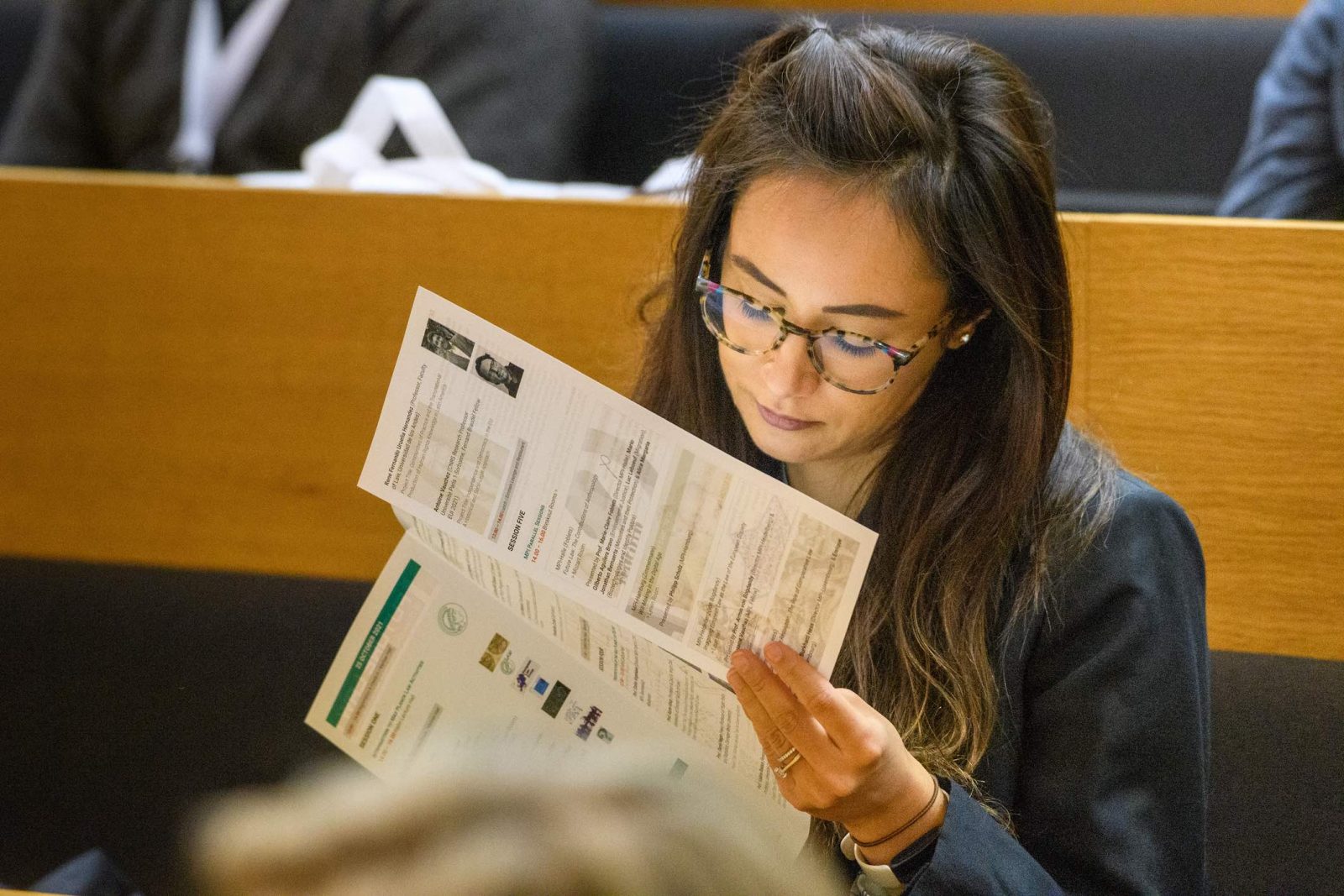We welcome applications from the brightest minds to undertake PhD and postdoc research. Early career researchers benefit from close supervision and mentoring by world leaders in their respective fields. Our Institutes offer unrivalled conditions, including access to rare specialist libraries and databases; excellent work spaces; and administrative, academic, and pastoral support. Importantly, researchers receive generous funding contracts for the entire duration of their research. The working language is English, and knowledge of German is not an essential requirement for application.
Additionally, there are many opportunities for our researchers to participate in conferences, seminars, and workshops as well as to instigate projects and initiatives with researchers from other Institutes within the Max Planck Law network.
For those wishing to use our research facilities without pursuing a PhD or postdoc, we also offer opportunities for short-term research stays.
The Max Planck Society is committed to promoting diversity in the workplace and encourages applications from individuals identifying as belonging to underrepresented groups in terms of, for example, gender, disability, age, religion, internationality and ethnicity, sexual orientation and identity, social background and education.

